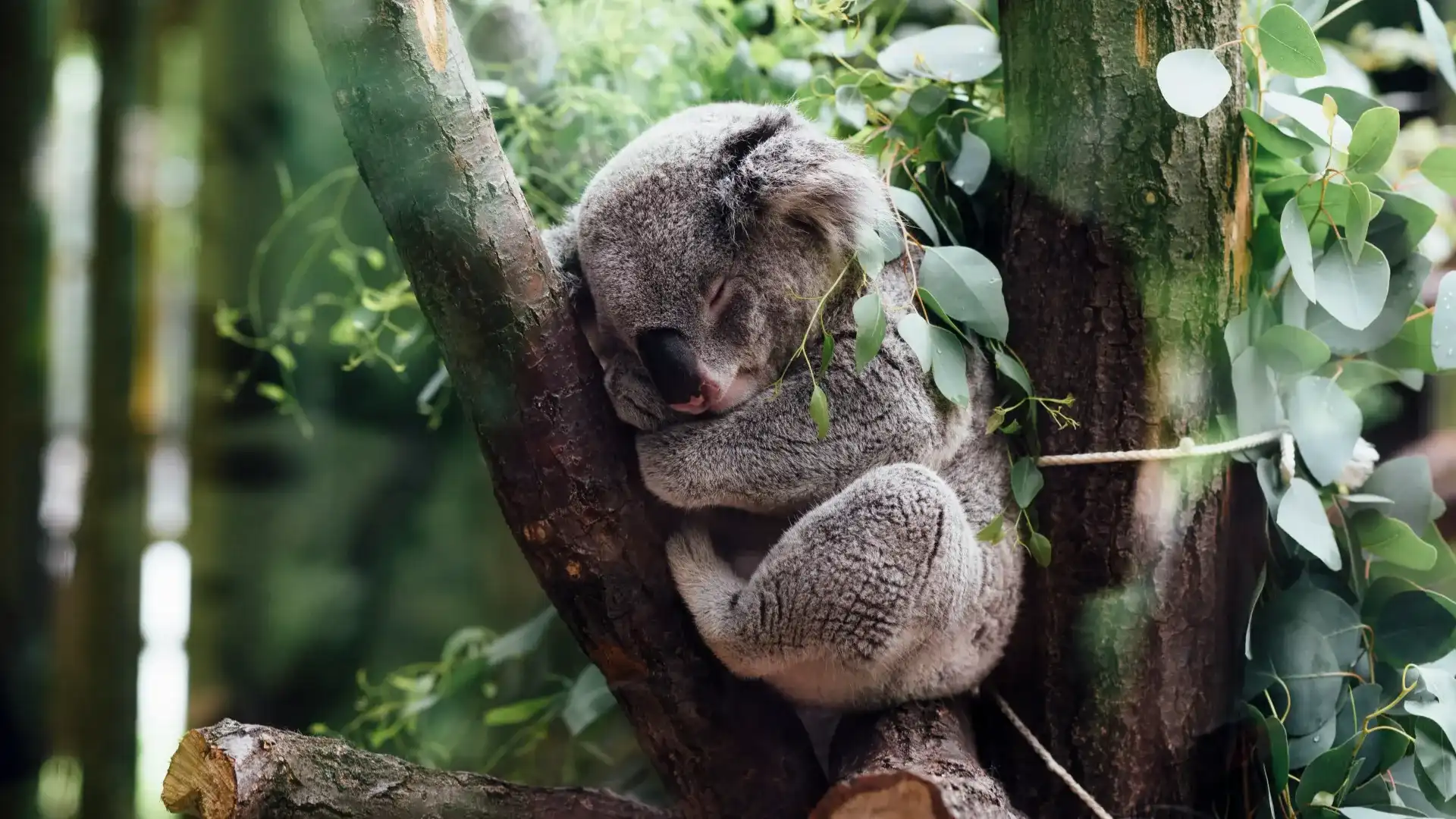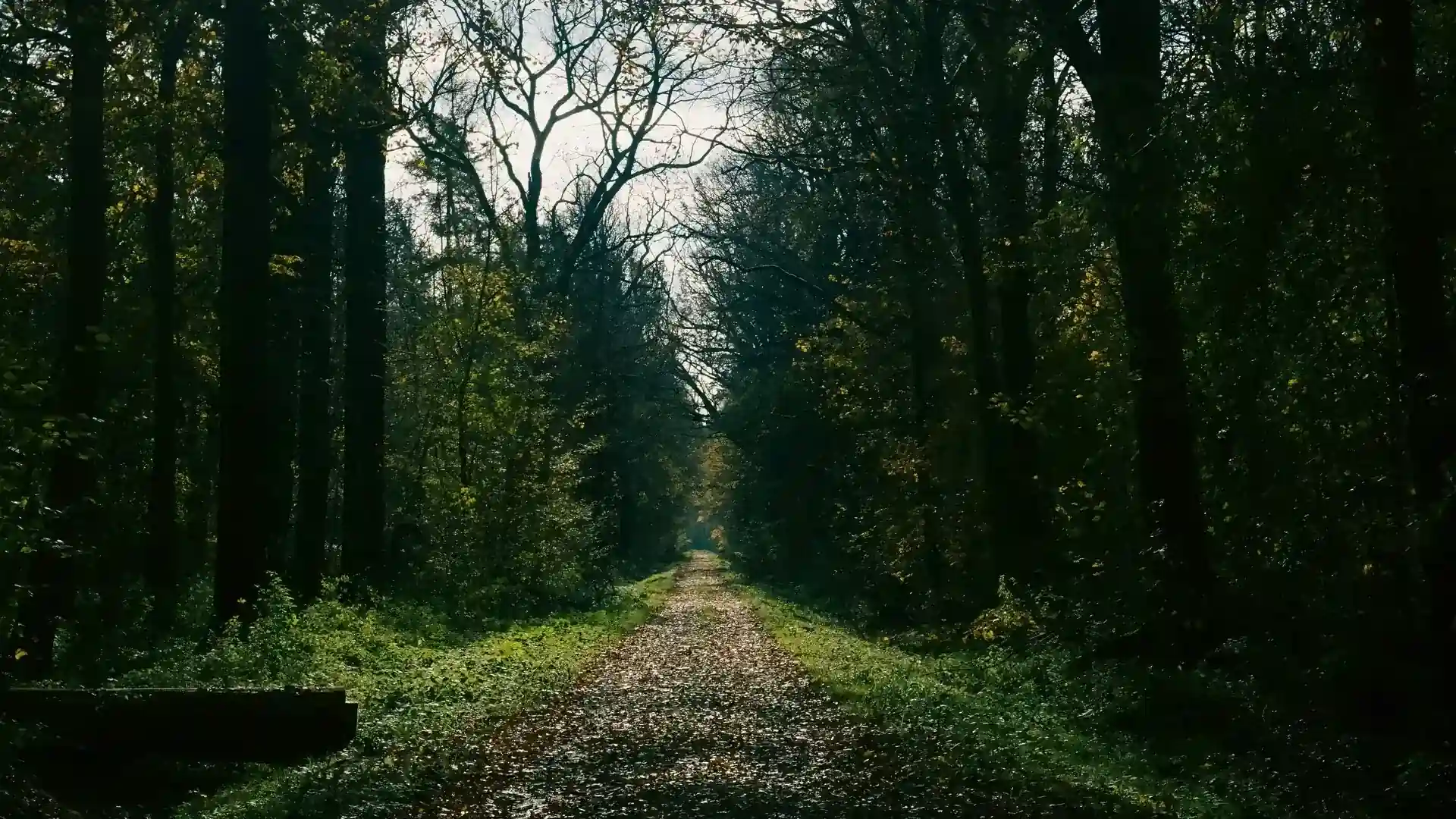Feeling burned out from constant hustle? Wu Wei, the Taoist principle of "effortless action", offers a refreshing alternative to the grind of hustle culture. While hustle culture glorifies nonstop effort and productivity, Wu Wei focuses on working with natural rhythms to achieve results without stress.
Key Takeaways:
- Wu Wei: Align with the flow of life, act when necessary, and avoid forcing outcomes.
- Hustle Culture: Push for relentless effort, often at the cost of well-being and balance.
Quick Comparison:
| Aspect | Wu Wei | Hustle Culture |
|---|---|---|
| Philosophy | Go with the flow | Constant striving |
| Stress Level | Lowered by acceptance | Heightened by pressure |
| Time Management | Focus on natural energy | Pack every moment |
| Work-Life Balance | Integrated | Frequently sacrificed |
If you're tired of the grind, Wu Wei might help you balance productivity with peace. Keep reading to learn how these opposing mindsets shape how we work and live.
Hustle Culture vs Wu Wei: Two Paths to Success
What is Wu Wei?
Wu Wei offers an alternative to hustle culture, presenting a balanced and thoughtful way to manage time and energy.
Origins and Meaning
Wu Wei, rooted in the Spring and Autumn period of China, is a central concept in Taoist and Confucian philosophies . The term translates to "non-doing" or "effortless action", but it goes beyond simple inaction.
In Traditional Chinese Medicine, Wu Wei is connected to the Heart or Spirit (Shen 神), symbolizing the unity of mind and body . Sinologist Jean François Billeter describes it as:
"Wu Wei represents a state of perfect knowledge (understanding) of the coexistence of the situation and perceiver, perfect efficaciousness and the realization of a perfect economy of energy"
Main Ideas
Wu Wei revolves around three core principles:
- Natural Alignment: Work in harmony with the natural flow of events.
- Effortless Effectiveness: Achieve results without unnecessary effort.
- Strategic Non-intervention: Know when stepping back is the best course of action.
This philosophy emphasizes working with natural rhythms instead of forcing outcomes. As the Tao Te Ching states:
"The Way never acts yet nothing is left undone"
Daily Applications
Wu Wei can be applied to modern life in practical ways:
At Work
- Plan tasks around your natural energy levels instead of forcing productivity during low-energy moments.
- Simplify workflows by removing unnecessary barriers.
In Decision-Making
- Take a moment to pause and gain clarity before making decisions.
- Observe situations fully and act only when the time feels right.
- Trust your intuition, which develops through experience.
Bruce Lee captured the essence of Wu Wei when he said:
"Be like water making its way through cracks. Do not be assertive, but adjust to the object, and you shall find a way around or through it. If nothing within you stays rigid, outward things will disclose themselves… Now, water can flow or it can crash. Be water, my friend."
To see how Wu Wei compares to conventional approaches, consider this:
| Conventional Approach | Wu Wei Approach | Outcome |
|---|---|---|
| Force work during unproductive hours | Work during natural energy peaks | Better results with less effort |
| Push through resistance | Remove obstacles first | Smoother and more efficient workflow |
| React immediately to challenges | Pause and observe before acting | More thoughtful, effective solutions |
Understanding Hustle Culture
Hustle culture has become a defining feature of modern work life, pushing people to prioritize constant productivity over everything else. It often encourages working at full throttle while neglecting self-care and personal connections. Let’s break down what this means and its real-world impact.
What Is Hustle Culture?
Dr. Olga Molina, a therapist with Talkspace, describes hustle culture as:
"Hustle culture is working excessively without regard for one's self-care needs and relationships in order to reach professional success."
Social media plays a big role in promoting this mindset, often portraying success as the result of nonstop effort and personal sacrifice.
The Fallout: Effects and Risks
The health and psychological toll of hustle culture is hard to ignore. Here’s a look at the numbers:
| Health Impact | Statistic | Risk Factor |
|---|---|---|
| Overwork-Related Deaths | 745,000+ deaths yearly | Working 55+ hours a week |
| Heart Disease Risk | 17% higher | Long work hours |
| Stroke Risk | 35% higher | Working 55+ hours weekly |
| Mental Health Struggles | 44% experience daily negative emotions | Work stress |
A workplace study in 2022 highlighted a drop in employee engagement - from 36% in 2020 to 32% in 2022 . This reflects the burnout many face as they try to keep up with unrelenting workloads.
How Hustle Culture Shows Up
The effects of hustle culture are evident in common workplace habits and behaviors:
- Long Hours: 25% of salaried employees work more than 60 hours a week , while the average workweek now clocks in at 47.1 hours .
- Side Hustles: About 25% of Americans take on side gigs, with nearly half doing so just to meet basic living costs .
- Workaholic Practices: This includes glorifying overtime, sending emails late at night, skipping vacations, and putting work above personal life .
Nick Srnicek from King's College London explains that overworking often comes from the belief that success is only achievable through relentless effort .
Interestingly, the tide may be turning. In 2022, 70% of U.S. workers said they were prioritizing - or considering prioritizing - their personal lives over career growth . Additionally, 20% were even willing to accept lower pay for a better work-life balance . This shift suggests that many are reevaluating the cost of hustle culture.
sbb-itb-4c1eb9b
Wu Wei vs. Hustle Culture: Key Differences
Core Beliefs
Wu Wei and hustle culture represent two very different mindsets about productivity and success. Wu Wei focuses on aligning with life's natural rhythms, while hustle culture pushes for nonstop effort. Steve Jobs famously said:
"The people who are crazy enough to think they can change the world are the ones who do."
These opposing philosophies create vastly different day-to-day experiences.
Effects on Daily Life
The impact of these ideas is clear in how they shape daily routines. Mike Sturm explains how Wu Wei works in practice:
"Wu Wei is about relaxing into the states that we consistently encounter in reality: uncertainty, conflict, discomfort, desire, and so on. It's about relaxing enough to see that there is not so big a difference between those states and their opposites that we so badly desire: certainty, peace, pleasure, and possession. They come on and pass as quickly, like waves on an ocean."
Terry Orlick further clarifies the essence of Wu Wei:
"The crux of wu-wei lies in the absence of effort, which is related to absence of a sense of self or self-consciousness making that effort."
Side-by-Side Comparison
Here's a closer look at how these two approaches differ:
| Aspect | Wu Wei | Hustle Culture |
|---|---|---|
| Core Philosophy | Working with life's flow | Constant effort and grind |
| Decision Making | Intuitive and adaptive | Carefully planned and strategic |
| Stress Level | Lowered by acceptance | Often heightened by pressure |
| Time Management | Prioritize what matters most | Pack every moment with tasks |
| Work-Life Balance | Naturally integrated | Frequently sacrificed for work |
| Success Metric | Effortless outcomes | Tangible achievements |
| Energy Management | Steady and balanced | Intense and draining |
| Rest Approach | Essential to the process | Often seen as unproductive |
Lao Tzu's timeless wisdom captures the essence of Wu Wei:
"Nature does not hurry, yet everything is accomplished."
This stark contrast in philosophies is leading many to rethink the relentless hustle mindset, turning instead to Wu Wei for a more sustainable and balanced approach to life and work.
Using Wu Wei Today
Goals and Flow
In today’s fast-paced work environments, the idea of constant activity dominates. But Wu Wei offers a different perspective. Dr. Anil Narain explains:
"Wu Wei, or effortless action, encourages us to act naturally and without force, allowing things to unfold as they will. In the context of time management and work-life balance, this means avoiding unnecessary stress and strain, and instead finding the most natural and effective way to achieve our goals."
The key is to align your work with your natural energy cycles. Studies show that working in sync with your body’s rhythms can boost productivity and lower stress. This alignment creates a foundation for a day shaped by organic efficiency.
Natural Productivity
Incorporating Wu Wei into your daily routine helps you find a natural flow. Here’s an example of how you might structure your day:
| Time of Day | Wu Wei Practice | Purpose |
|---|---|---|
| Morning | 10-15 minutes of meditation + 3 priority tasks | Set focus and intention |
| Mid-morning | Deep work during peak energy levels | Maximize natural alertness |
| Afternoon | Take nature breaks + practice mindful breathing | Replenish energy |
| Evening | Reflect and disconnect from digital devices | Recharge and process the day |
The goal is to create an environment where work flows effortlessly, rather than forcing results.
Learning More
To deepen your understanding of Wu Wei and its connection to time management, exploring additional resources can be helpful. For instance, Book of Tao (bookoftao.com) offers insights into Taoist philosophy, including Lao Tzu's teachings on effortless action and natural productivity.
Laozi beautifully encapsulates Wu Wei with this:
"That which offers no resistance, overcomes the hardest substances. That which offers no resistance can enter where there is no space. Few in the world can comprehend the teaching without words, or understand the value of non-action."
To integrate Wu Wei into your life, focus on:
- Becoming aware of your natural energy patterns
- Simplifying tasks by removing unnecessary steps
- Trusting your intuition while staying mindful
- Allowing time for stillness to gain clarity
Wu Wei isn’t about inactivity - it’s about achieving more by working with natural rhythms instead of fighting against them. This approach promotes steady productivity while avoiding the burnout often linked to hustle culture.
Conclusion
Main Points
The comparison between Wu Wei and hustle culture highlights two very different ways of thinking about time and productivity.
Here's a quick breakdown of their key contrasts:
| Aspect | Wu Wei | Hustle Culture |
|---|---|---|
| Philosophy | Go with the flow | Constant striving |
| Well-being Impact | Less stress | Higher burnout risk |
| Success Measure | Inner satisfaction | External achievements |
| Time Approach | Focused on the present | Driven by the future |
These contrasts suggest a more balanced way to approach productivity - one that values both getting things done and taking care of yourself.
Next Steps
Want to bring Wu Wei into your life? Start with these ideas:
- Pay attention to your energy levels. Plan important tasks for when you're naturally at your best instead of pushing through low-energy moments.
- Stay mindful as you work. If you feel tension or frustration, pause and ask yourself if you're trying to force results.
- Be flexible with your expectations. Studies show that working with your natural rhythms can boost both satisfaction and well-being .
Wu Wei is all about finding the easiest, most effective way to achieve your goals while staying calm and centered. If you're curious to learn more about Taoist ideas and effortless action, check out Book of Tao (https://bookoftao.com) for detailed insights.
Shifting from constant hustle to a more natural way of working can lead to success that lasts - without burning yourself out.






